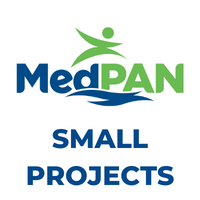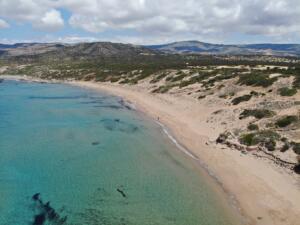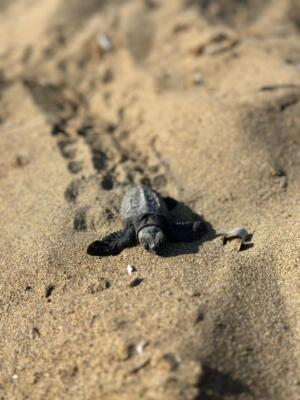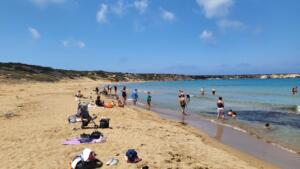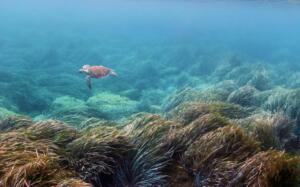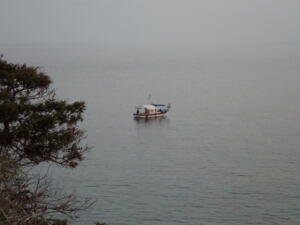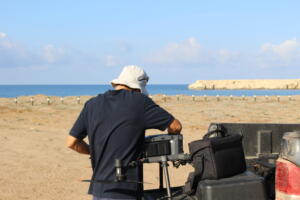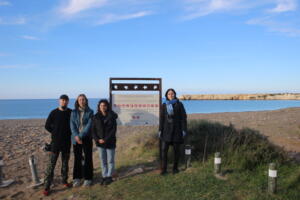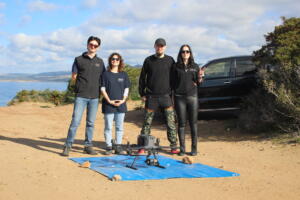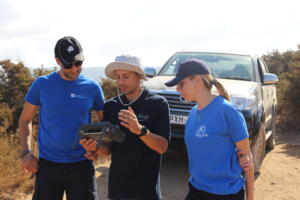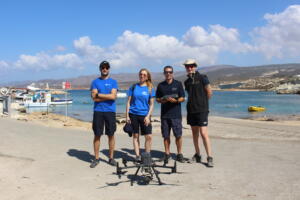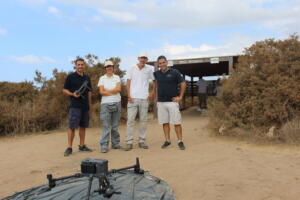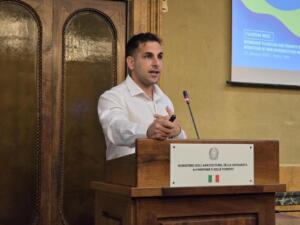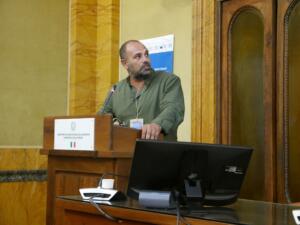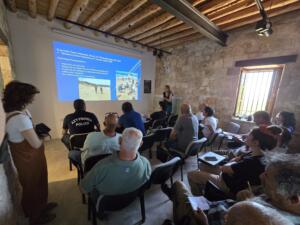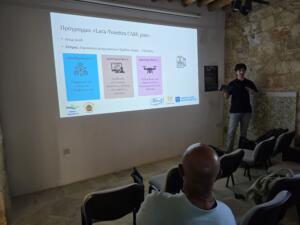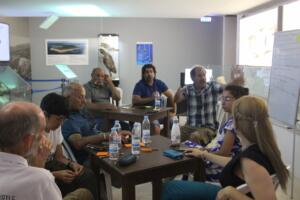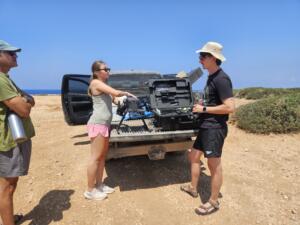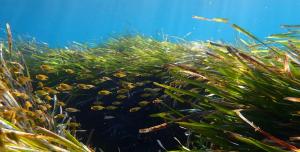
Grants
Biodiversity Conservation
Lara-Toxeftra: Climate Adaptive and REsponsive (CARE) management plan
€9,000* awarded
Project duration: 08/2024 – 06/2026
Status: ON-GOING
The challenge
Less than 5% of the Mediterranean is effectively protected and managed, while fewer than one-third of MPAs have a management plan. This prevalence of ‘paper parks’ poses a widespread issue in Cyprus. Lara-Toxeftra is the first MPA in Cyprus, since 1989, which despite its value and existing legal measures, it has no management plan. The lack of appropriate management hinders its effectiveness in addressing climate change impacts, increasing tourism and infrastructure developments in the area while stakeholder conflicts are ever-increasing. The MPA remains susceptible to staffing changes and threats that could reverse decades of hard-work in sea turtle conservation.
The solution
The “Lara-Toxeftra CARE plan” aims to establish an effective management plan for the area, enhancing its success in protecting the MPA’s biodiversity and mitigating the impacts of increasing anthropogenic and biological pressures, as well as climate change. By aiming to establish clear and robust management/protection goals and objectives while establishing relevant monitoring protocols based on primary and secondary data collection, an effective and holistic management plan for Lara-Toxeftra will be produced. The Lara-Toxeftra CARE plan will adopt a participatory approach with local stakeholders, ensuring its long-term success.
Project’s deliverables
- Collect and standardize data on Lara-Toxeftra and engage various stakeholders, including government agencies, NGOs, local communities, fishers, and tourism representatives. Activities include mapping stakeholders, conducting interviews, and organizing consultations to gather insights and build a comprehensive understanding of the MPA.
- Model the impacts of climate change on the MPA’s coastal areas by collecting historical and new data on shoreline positions and water levels. Using advanced modelling techniques, create hazard maps that forecast the effects of sea-level rise and storm surges on turtle nesting beaches.
- Implement Unmanned Aerial Vehicle (UAV) surveys to monitor turtle populations and human activities within Lara-Toxeftra. Conduct seasonal UAV flights and train local authorities in UAV operation and data analysis.
- Develop a comprehensive management plan for Lara-Toxeftra, integrating biological, ecological, and socio-economic data from prior activities. The plan will set specific, measurable goals for protecting sea turtles and biodiversity, adapting to climate change, and engaging stakeholders.
Project updates
- Capacity building and demonstration to the MPA authorities.
- Visitation and discussion with the review panel of RAC/SPA for Lara-Toxeftra.
- Filming of UAV Surveys by Independent Filmmakers Be Brave to Act, resulting in a short documentary.
- Invitation to the workshop for the Lara-Toxeftra Management Plan.
- Stakeholders workshop, June 22, 2025.
- UAV surveys in the Lara-Toxeftra Turtle Reserve.
A bit about the organizations
Marine & Environmental Research (MER) Lab, the leading organization of this project, is an environmental organisation composed by marine biologists, environmental biologists, and educators who specialize in the provision of services that relate to the marine environment, fisheries and aquaculture. MER has been working closely with local stakeholders of the sectors for the past decades implementing numerous research projects and guiding public bodies. MER has implemented numerous projects related to alien species including monitoring surveys in marine protected areas, social surveys with relevant stakeholders, and policy-oriented projects to guide cost-effective management.
* The project is supported by funding from MedPAN Small Projects program. It is also co-funded by the Department of Fisheries and Marine Research, and MER Lab.
